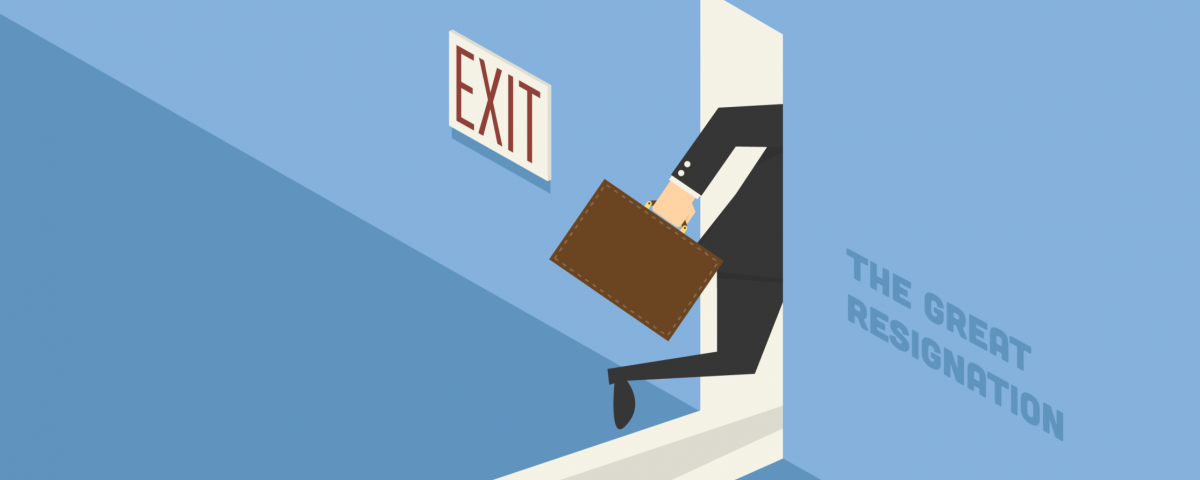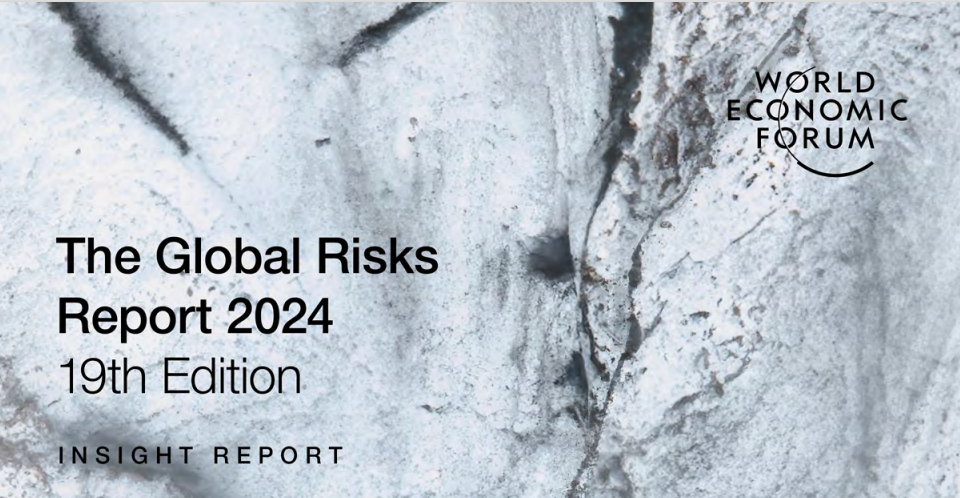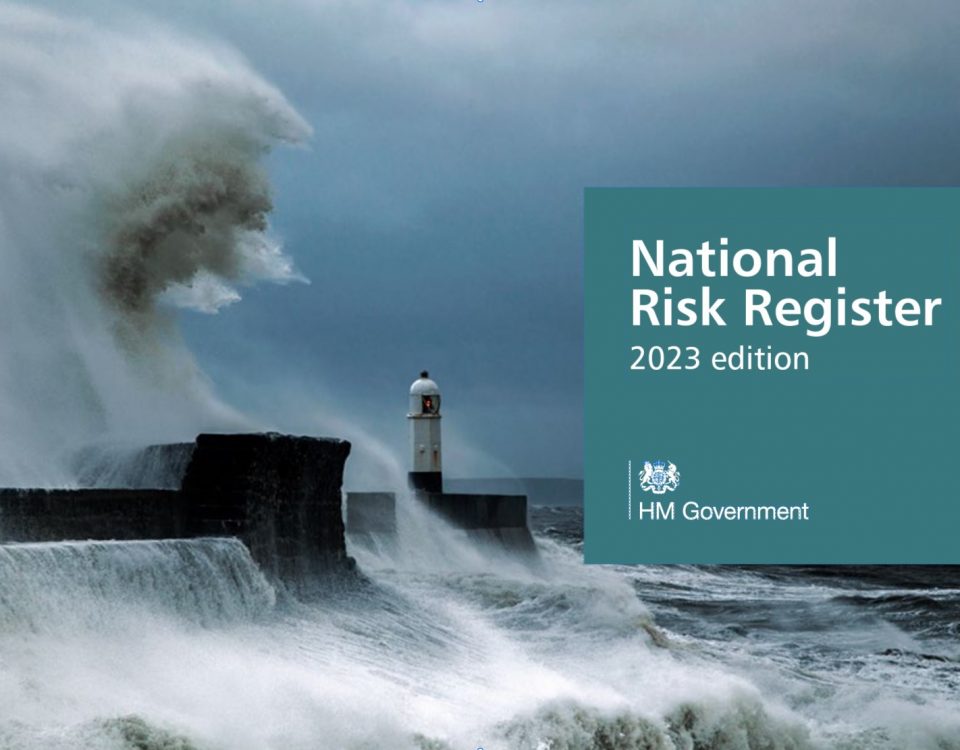The ‘Great Resignation’

Nuclear Verdicts
4th July 2022
An Unfolding Energy Crisis
8th September 2022Good morning and welcome to our Horizon Scanning newsletter.
This month we look at the difficulty of recruiting and retaining good staff, post-COVID – a phenomenon sometimes known as the ‘Great Resignation’. What does this mean for business risk? And how can companies address it?
Our Monday Toolbox is full of handy tips on how to understand and approach this issue, and also includes a new Horizonscan video, introducing you to members of our team.
Thanks for reading and stay safe.
The ‘Great Resignation’
Described on Wikipedia as “an ongoing economic trend in which employees have voluntarily resigned from their jobs en masse, beginning in early 2021,” the ‘Great Resignation’ is a phenomenon of our times. It has created significant instability and remains a live issue for many companies. Despite recent reports of a ‘Great Regret’ – where people feel they were too hasty in quitting – the present period of workplace instability looks far from over, with the World Economic Forum finding that a fifth of employees plans to quit in 2022. This data blog from the Guardian earlier this year includes some key insights into what’s happening.

Image taken from original source.
The ‘Great Resignation’ links to an absolutely core issue for business continuity – one which can sometimes be overlooked. Whereas other types of risk ‘flash red’, the month-on-month loss of staff is more of a slow burner. Yet the reality is that it makes every element of organisational resilience much more difficult.
Some aspects of this are practical. Each time an employee leaves there are cyber risks, confidentiality questions and challenges around exit procedures. The greater the employee turnover, the more time you need to spend thinking about these things.
But a far bigger question is about the wider implication of a staff ‘revolving door’. If people are leaving it is usually because they are not happy, and if this is the case then every element of the organisation will suffer. Longstanding members of staff in particular are crucial to a company being resilient. They offer, quite literally, a sense of ‘continuity’ for the business – retaining institutional knowledge, providing ongoing points of contact with clients, sustaining a set of values and, of course, holding key information about how to deal with a crisis.
Whatever is going on, there is clearly some sort of major reconfiguration on how employees are seeing their relationship with work. This excellent blog by the London Business School includes three key tips for addressing these issues – including on the key question of workers’ increasing demand for flexibility. And this article by Forbes has seven suggestions. There is lots more in the toolbox below.
Perhaps the biggest piece of advice, however, is not to see the ‘Great Resignation’ as a one-off aberration which will right itself. The smart money is on organisations who treat the shifts afoot as a sea-change to be adapted to – not as a reversible freak event triggered by COVID.
Number one question for your business: Has the ‘Great Resignation’ hit your business? And what have you been doing about it?
Toolbox
On the topic of workplaces, we wanted to put our shiny new video front and centre. It introduces our workforce and helps to explain our ethos, and can be viewed by clicking here.
Below, meanwhile, are a range of different resources and analyses, each of which helps in different ways when thinking about the ‘Great Resignation’:
- This piece includes ten workplace mental health tips you need to know this year. It is really worth thinking about how an organisational culture can increase or reduce these issues.
- This article looks at seven of the biggest hurdles recruiters face in hiring – and at how you can overcome these issues in order to get the best people. This more detailed piece, meanwhile, goes through ten specific challenges, and picks out suggestions from professionals to address them.
- The Society for Human Resource Management, meanwhile, set out three building blocks for creating a team resilient enough to avoid the ‘Great Resignation’. These are agility, stability and connection. If you are a manager or business leader, then it is well worth pausing to consider what you are doing on each of these fronts.
- Lastly, on a more practical note, training for staff is now available from the National Cyber Security Centre. Read more by clicking here.
Thought for the week:
“The ‘Great Resignation’ is not a flash in the pan, and even if things start to settle down it cannot be ignored. It represents a growing demand for flexibility, stimulation and good prospects. Clever organisations know that their employees are the cornerstone of business continuity, and are already making new efforts to provide these things.”
John Benfield, Business Development Manager




